Changes to be made in health and wellness survey
Dean of Students Ana Campos points to survey results during the health and wellness assembly held Dec. 9.
February 25, 2022
Changes in the annual health and wellness survey will be made to respond to unprecedented global and community events and more accurately capture students’ experiences. The survey will be switching to a third party administrator, Authentic Connections, to manage these changes in the fall of 2022.
The changes were announced in a Feb. 3 letter to the community from Laboratory Schools Director Tori Jueds and Wellness/Title IX coordinator Betsy Noel.
In addition to the shift in timeline and administrator, the wellness survey will potentially be expanded to others in the Lab community, such as the lower school, parents and employees.
Since the survey was conceptualized a few years ago, the COVID-19 pandemic struck, leaving a national mental health crisis which the survey was not designed to measure.
Ms. Noel said the developments in the survey were mainly prompted by the need to represent students after such changes in the world and in the dynamic of U-High.
“There have been massive changes through the U-High and the world,” she said. “Authentic Connections will give Lab more comprehensive insights into the student experience in the wake of COVID.”
She also explained that the new company will offer a national benchmark baseline of data to compare with, which has been limited in prior years.
I think it’s good that we’re working with people who know what they’re doing in terms of creating surveys and analyzing data.
— Zoe Stephens
In the years since the wellness survey began, students have expressed criticism over different aspects of the collection and display of results.
Zoe Stephens, a junior who is vocal about concerns in the wellness survey, wants the student body to be represented in the most accurate way. Earlier this year, she wrote a letter to the members of the Lab community explaining her concerns with the wellness survey. She said that the changes announced are steps in the right direction but that there is still room for more improvement.
“I think it’s good that we’re working with people who know what they’re doing in terms of creating surveys and analyzing data,” Zoe said. “I think it still needs the student input and to make sure that the student body is benefitting from this.”
She also said more steps need to be taken in the future to not just improve the survey itself, but its presentation and analysis.
“I think [sensitive topics] should be at the end of the survey with a trigger warning,” she said. “But it should be brought to the attention of the student body, they completely glossed over those stats at the assemblies.”



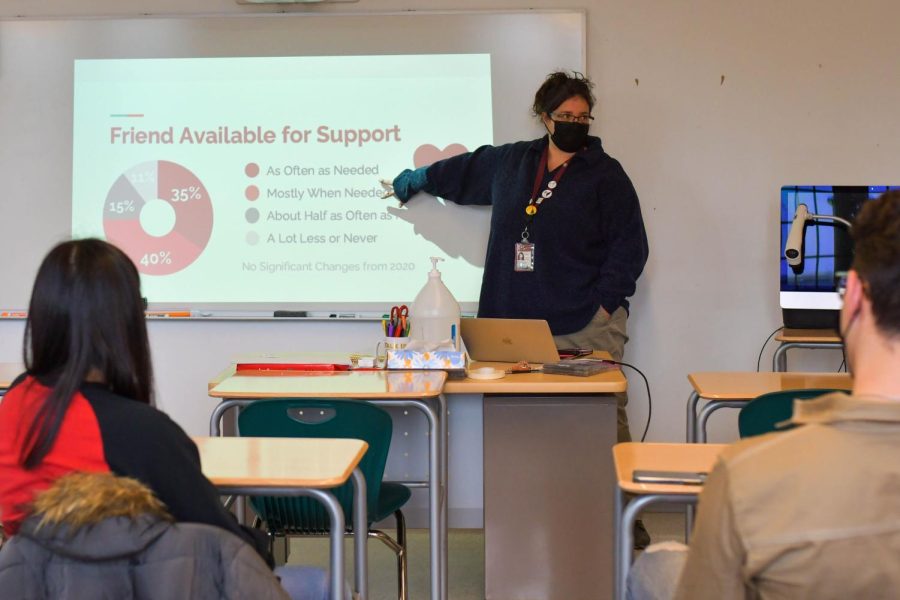




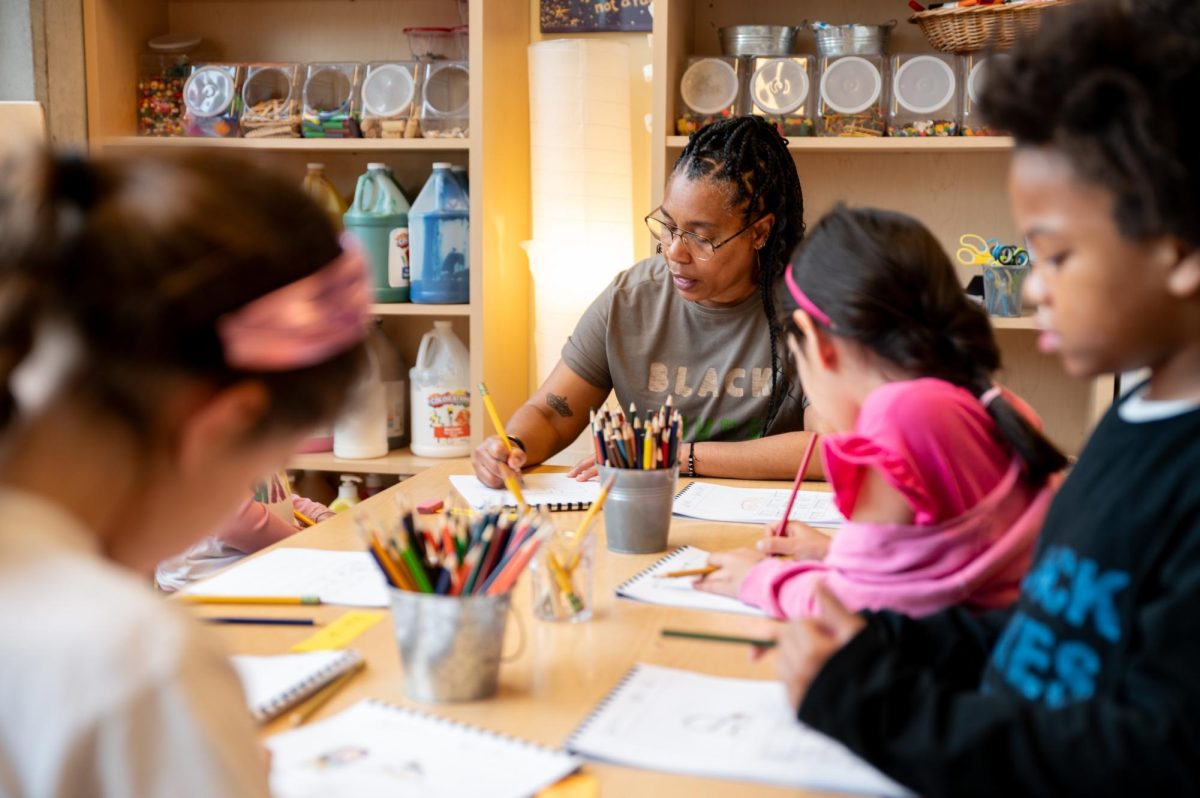


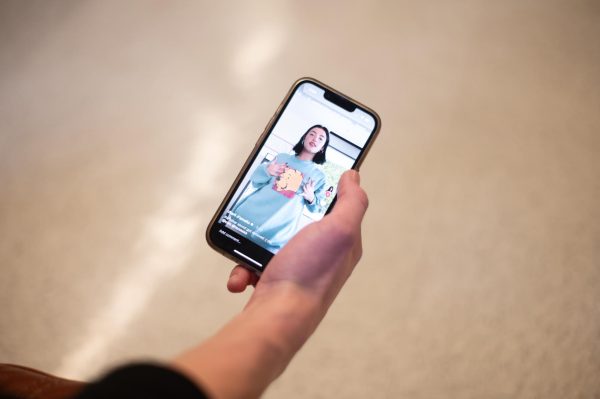

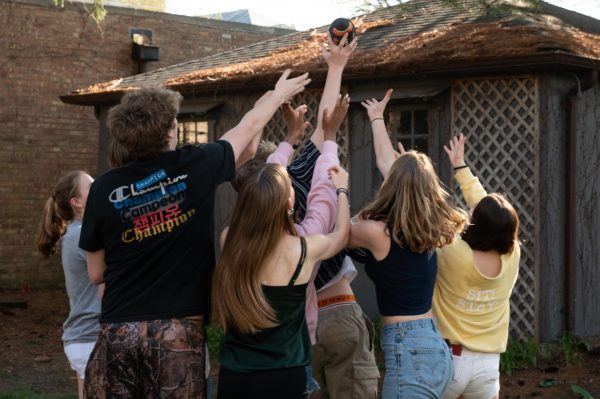
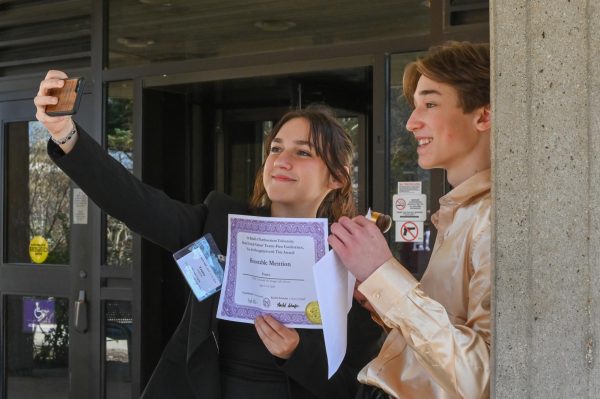
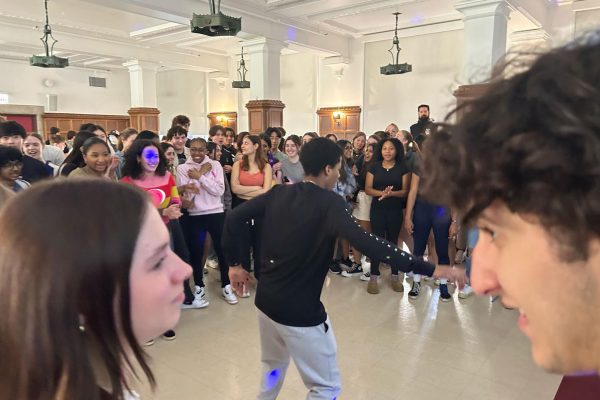
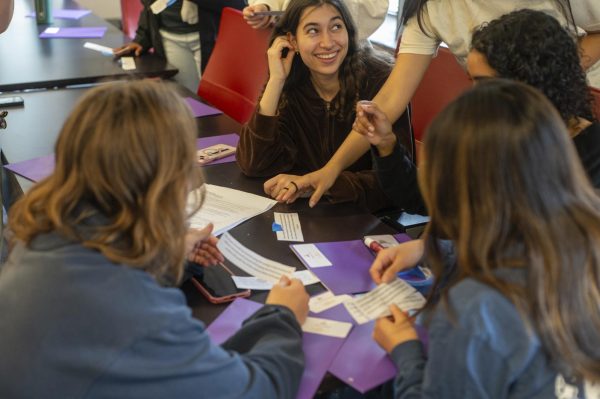

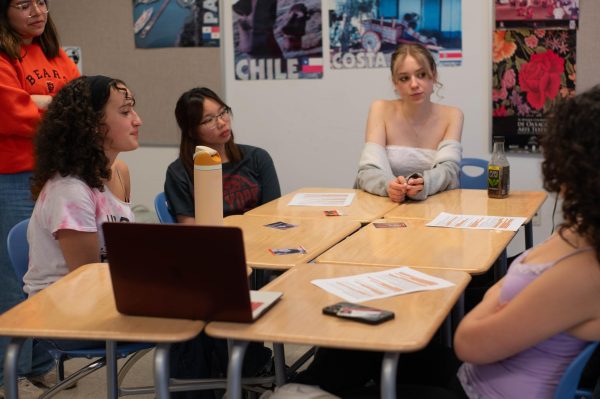
Bethany Stephens • Mar 2, 2022 at 8:29 pm
There’s a missing quotation for the last sentence!